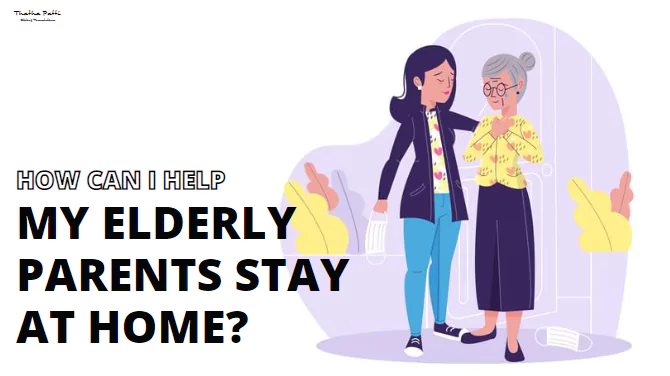- June 01, 2023
- Bedridden patient care
Importance of bedridden patient Care

Taking care of a bedridden patient is crucial to ensure their health, well-being, and comfort. When a person is bedridden, they are at risk of developing several health complications, including pressure sores, infections, and muscle atrophy. Additionally, being bedridden can take a toll on a person's mental health and emotional well-being.
Here are some reasons why bedridden patient care is essential
-
Prevention of Pressure Sores: Bedridden patients are at risk of developing pressure sores, which are painful and can lead to infections. Pressure sores are caused by prolonged pressure on a specific area of the body, such as the hips, back, and heels. By regularly repositioning the patient and using pillows or cushions to support their body, caregivers can prevent pressure sores from developing.
-
Maintaining Personal Hygiene: Bedridden patients may require assistance with personal hygiene, such as bathing, brushing their teeth, and changing their clothes. Maintaining proper hygiene is essential to prevent infections and maintain the patient's physical and emotional well-being.
-
Proper Nutrition: Bedridden patients have different nutritional needs than active individuals. They may require a specialized diet to ensure they receive the necessary nutrients to maintain their health. Providing the patient with a balanced diet can help prevent malnutrition and other health complications.
-
Medication Management: Bedridden patients may require medication to manage their condition or alleviate pain. Proper medication management is crucial to ensure the patient receives the correct dosage and takes the medication on time. Monitoring the patient's medication schedule can prevent complications and improve their quality of life.
-
Physical Therapy: Bedridden patients may require physical therapy to maintain muscle strength and prevent muscle atrophy. Physical therapy can help improve the patient's mobility and prevent complications such as contractures.
-
Social Interaction: Being bedridden can be isolating, and social interaction is essential to maintaining the patient's emotional well-being. Encouraging friends and family members to visit the patient, arranging virtual visits, and providing activities to keep them engaged can improve the patient's mood and prevent depression.
-
Monitoring Mental Health: Being bedridden can take a toll on a person's mental health. Caregivers should monitor the patient's emotional well-being and encourage them to express their feelings. If necessary, arranging for a mental health professional to speak with the patient can prevent complications such as depression and anxiety.
-
Ensuring Safety: Bedridden patients are at risk of falls and other accidents. Ensuring their safety is crucial to prevent injuries and maintain their physical well-being. Providing assistive devices such as bed rails or a lift, keeping the area around the patient's bed clear of obstacles, and ensuring the bed is at a comfortable height can prevent accidents.
-
Providing Comfort: Bedridden patients may experience discomfort or pain. Providing them with comfort measures such as pillows, cushions, and blankets can improve their comfort and prevent complications such as pressure sores.
-
Professional Caregiver: Taking care of a bedridden patient can be overwhelming, and caregivers may require additional support. Hiring a professional caregiver can provide the patient with the necessary care and support while giving the primary caregiver a break.
In conclusion, bedridden patient care is essential to ensure their health, well-being, and comfort. By following proper care practices, caregivers can prevent complications such as pressure sores, infections, and muscle atrophy, improve the patient's emotional well-being, and ensure their safety. Providing the patient with the necessary care and support can improve their quality of life and prevent complications.





